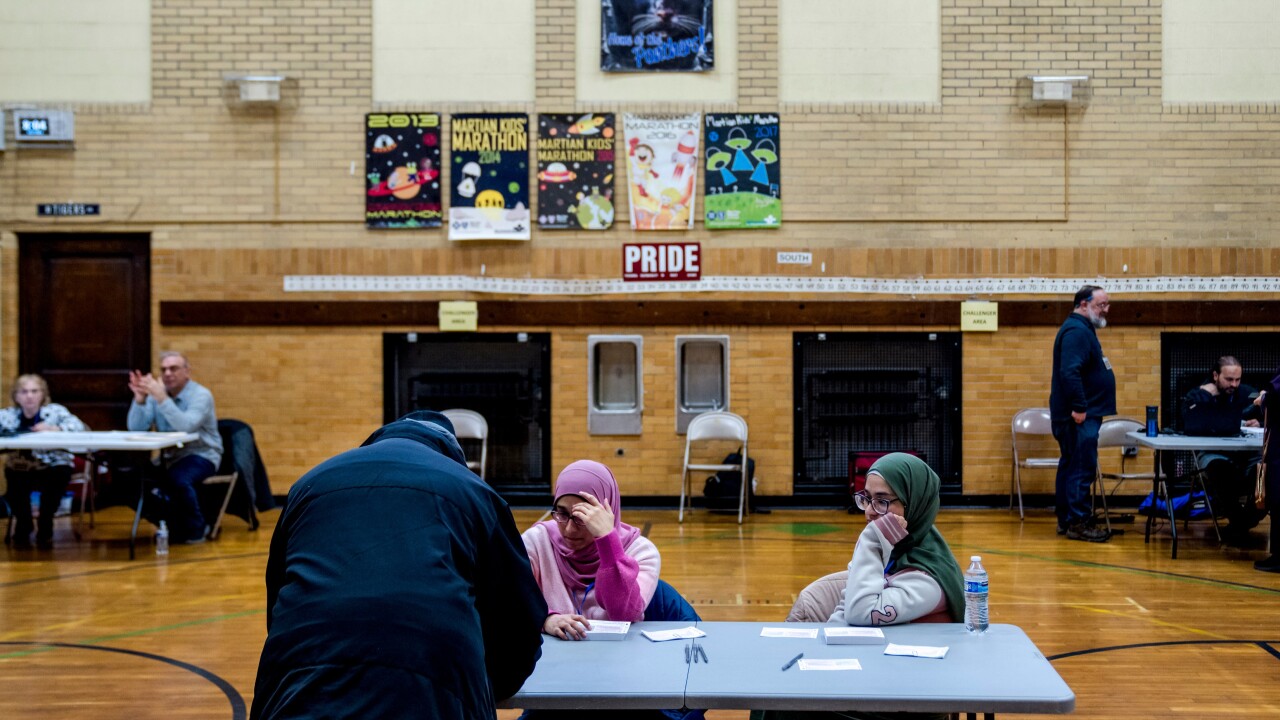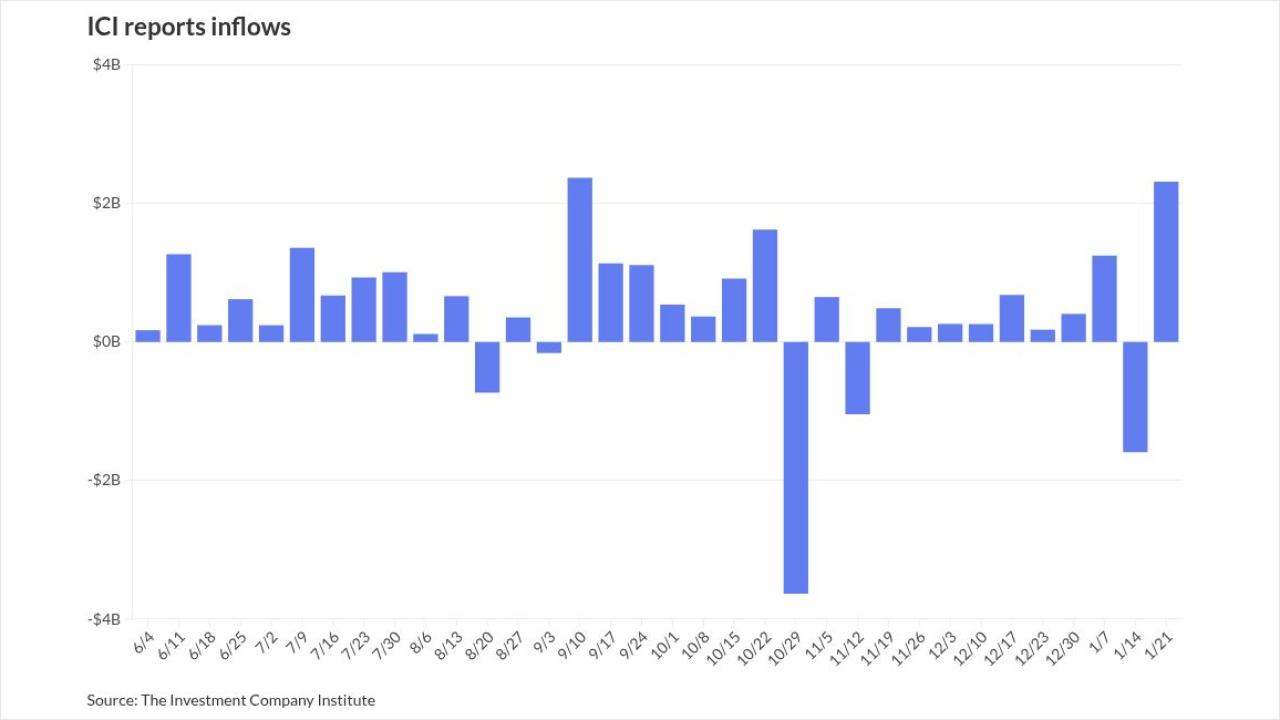Raising the state gasoline tax by five cents a gallon and tolling East River and other bridges could help New York's Metropolitan Transportation Authority fill a gap of at least $15.2 billion, its former chairman said.
"The MTA should ask for help from the business community," Richard Ravitch said Thursday night at the New York Transit Museum in downtown Brooklyn. Ravitch, a longtime government official and former lieutenant governor, was MTA chairman from 1979 to 1983.
The authority, which operates the city's subway system, the Long Island and Metro-North commuter railroads, seven bridges and two tunnels, is one of the largest municipal issuers with about $34 billion of debt. If support from business and government leaders fall short, it may have to borrow more.
Moody's Investors Service rates its transportation revenue bonds, its primary credit, A2, while Standard & Poor's and Fitch Ratings rate the bonds AA-minus and A, respectively.
Ravitch, best known for advising New York City out of its mid-1970s fiscal crisis and crafting a rescue plan for the MTA in 2009, spoke amid a week of back-and-forth between MTA officials and Gov. Andrew Cuomo over a funding gap nearly half the size of the authority's four-year, $32 billion capital plan. The plan covers regular infrastructure maintenance and such megaprojects as the Second Avenue subway line and East Side access for Long Island Rail Road trains.
"The MTA has a bunch of extremely talented people and a superb capital plan," said Ravitch. "Their engineers and operations people know what they're doing and their priorities are the right priorities."
The Capital Program Review Board, which consists of top state officials, rejected the plan earlier in October. Board chairwoman and state transportation Commissioner Joan McDonald said the rejection was "without prejudice." Both she and MTA Chairman Thomas Prendergast have said the exchange is the start of a dialogue.
Cuomo suggested to reporters earlier that the MTA's plan might be "bloated," akin to many initial requests that reach his second-floor office in Albany.
Prendergast, speaking before the Association for a Better New York business group Monday, said the projects were essential. "It's not a wish list. It's a needs list," he said. "We need to get the size, the shape of the capital program right and we need to get the funding right."
Washington think tank Eno Center for Transportation said power tensions hinder efforts by the MTA, a state-appointed agency, to obtain sufficient funding. "The state government plays an unusually large role in the metro area's public transit system," Eno said in its report, "
The MoveNY initiative, championed by engineer and former New York City transportation Commissioner "Gridlock Sam" Schwartz, calls for tolls on East River bridge crossings, plus a fee for driving below 60th Street in Manhattan while sharply cutting tolls on outer-borough bridges such as the Throgs Neck and Verrazano-Narrows. Schwartz said the move could raise $1.5 billion annually for infrastructure improvements.
Ravitch, the author of "So Much to Do: A Full Life of Business, Politics, and Confronting Fiscal Crises," said securing business support for such measures as the gas-tax increase is more difficult than 30 years ago because foreign firms control many real estate interests. "Now it's owned by the Chinese, and by European pension funds, and that puts it one step further away," he said,
Real estate's ties to transit go back to the system's beginning, when private interests constructed much of it.
By contrast, said Ravitch, the predawn tour of the decrepit subway system he gave Chase chief executive David Rockefeller in 1982 triggered support among business leaders, who lobbied state Republicans for a critical funding package that included a payroll tax increase.





